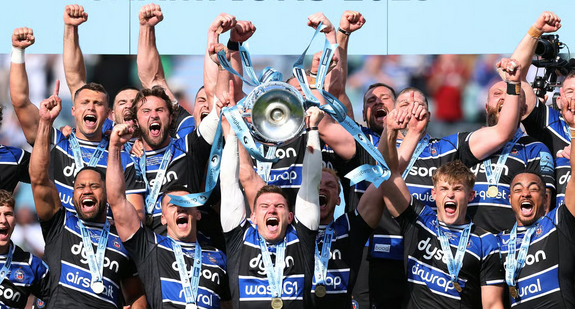Indian tycoon Sunil Bharti Mittal has become BT’s largest shareholder, following a £3.2 billion purchase.
But who is he?
Sunil Bharti Mittal’s conglomerate Bharti Enterprises acquired a 24.5% stake in BT Group for around £3.2 billion deal to become the company’s largest shareholder. Bharti Enterprises started in 1976 as a small manufacturer.
But Mittal made his fortune in telecoms and India’s demand for data boomed. Bharti Airtel counted 400 million Indian customers in 2023, 150 million in Africa, plus another 60 million in Bangladesh and Sri Lanka.
Sunil Bharti Mittal agreed to buy out Patrick Drahi, the art-loving Moroccan-born billionaire whose debt-laden Altice empire is under pressure. Bharti Enterprises insisted it was not planning a full takeover, but the 24.5% stake will give Mittal significant influence over one of the UK’s most important companies.
Mittal already spends a lot of time in the UK and he has British financial interests, particularly in hospitality. His company owns The Gleneagles Hotel in Scotland and The Hoxton chain of “budget-luxe” hotels, after purchases led by Mittal’s son-in-law, Sharan Pasricha.
Sunil Bharti Mittal was born in 1957 in Punjab, India, to Sat Pal Mittal, a politician known as a fundraiser for the Congress party, which dominated Indian politics at the time. After graduating from Panjab University, Mittal started a business making bicycle components.
He then launched a series of ventures selling wool blankets, stainless steel surgical equipment and generators. In 1985, he moved into telecoms after being convinced of the potential for growth during a visit to Taiwan.
He later studied at Harvard Business School. Mittal grew his business by partnering with international companies to grow a mobile network that claims to cover 96% of India’s population.
The company expanded into Africa in 2010 through a £7.8 billion takeover. Narendra Modi is often cited as an important factor in the rise of Mukesh Ambani and Gautam Adani, India’s two richest men.
While Mittal’s association is not quite as close, he too has spoken publicly of the influence of India’s prime minister. Bharti Enterprises will voluntarily put the BT deal forward for assessment under the UK’s National Security and Investment Act, but the government has previously proved happy to work with the Indian conglomerate.
Under Boris Johnson, the UK government controversially joined Bharti in a joint venture to acquire OneWeb, a low-earth orbit satellite company that had gone bankrupt. The then business secretary, Alok Sharma, said Bharti was a “large and trusted investor” in 2020.
Mittal has described his investments in “last-mile connectivity” as an attempt to close the world’s digital divide – an honourable aim, but one that could also reap even bigger dividends for those who own the ever-increasing number of connections.











